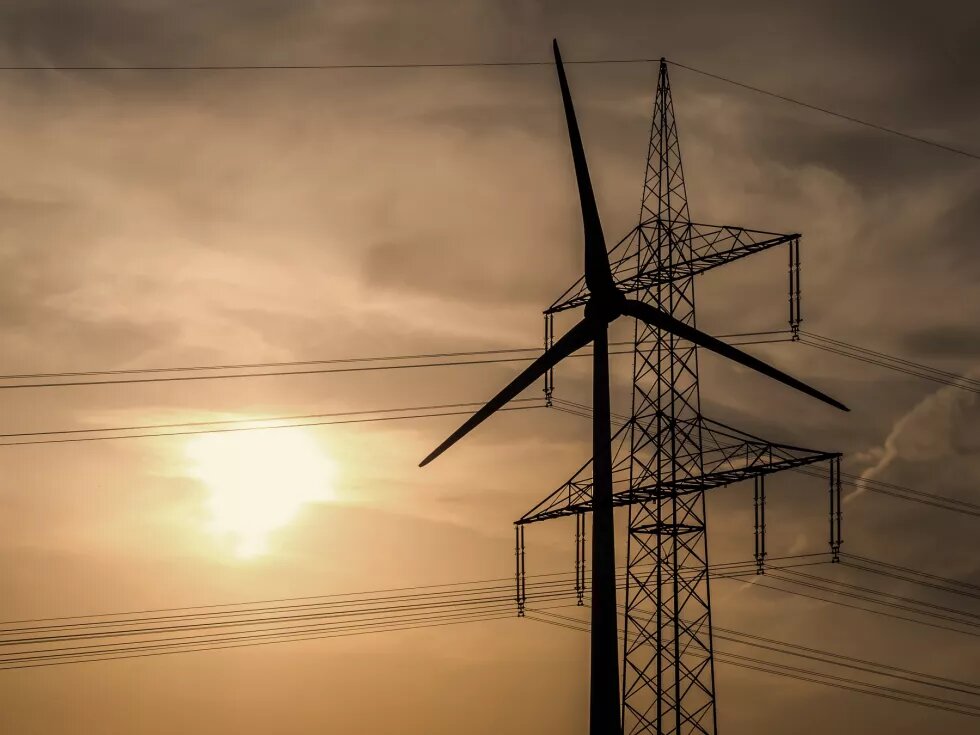
In a Greece brought to its knees by the financial and social crisis, there is no room for repeating the mistakes of the past. A new perspective is needed. The Public Investment Programme, aimed at boosting economic activity, cannot possibly reproduce the energy model of the 1950’s; it rather ought to place the country at the forefront of developments, through modern, clean and smart solutions with significant benefits for employment and innovation.
Such solutions are now becoming financially competitive, even without considering the externalities of the operation of lignite-fired plants for society and the environment.
In the context of its campaign for clean energy, WWF published a second report (“Clean alternatives to Ptolemaida V”, 2015), which looks deeper into alternative options. The report concludes that, if PPC proceeded to the construction of RES plants in combination with the conversion of specific existing hydropower plants into Pumped Hydro Energy Storage (PHES) stations, it would meet the base load demands of Ptolemaida V at only 47% of the cost.
To sum up in the form of bullet points, the four main pillars for the substantial growth of RES in Greece are the following:
- Replacement of oil-fired plants on the islands by RES plants, in combination with interconnections or storage systems, while “exporting” clean energy to the continental system. The huge solar and wind potential of the islands and the recent drastic reduction in the cost of RES mean that such a strategic project will immediately be financially competitive.
- Promotion of household renewables. In spite of the spectacular start in the years 2012-13, there is still huge room for PV installation on buildings. The recent regulations on net metering represent a good start for resuming investment in a type of RES which has vanished as a result of the sudden plunge in guaranteed feed-in tariffs, the loss of credibility of the state, and the lack of banking liquidity.
- Promotion of storage systems and smart demand management systems. To begin with, evidence suggests that in the sunniest parts of the country the most preferred choice for household consumers will soon be to disconnect from the grid and have power consumption covered by PV and battery systems. This option should not scare us, but rather be promoted. Consumers who remain on the grid should be encouraged to install modern demand management systems, such as smart grids, gridable vehicles, etc. At the same time, large scale storage solutions should be studied, in order to successfully reach RES penetration rates over 30-40%.
- Last but not least, it would be crucial to support medium-scale RES initiatives by social / multi-share companies or energy cooperatives, by establishing the appropriate institutional framework and promoting innovative financing instruments, e.g. equity / debt microinvesting. Just like in the case of household RES, it is important for every citizen to have the option of becoming a small green investor.